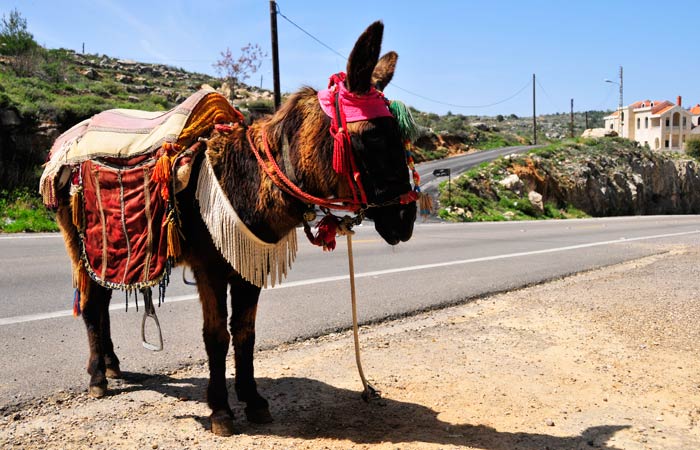
Working equids - horses, donkeys and mules - contribute directly to the livelihoods of families and communities. They contribute in farming, transport, movement of goods and much more, and often to some of the poorest or disadvantaged people. They can be a person or families only way of making a living.
But they can suffer terribly. Their owners do not have the resources to meet the animals needs, may not be knowledgeable on how to provide proper care, or are used for work which is inherently risky or harsh for the animal.
In Lebanon donkeys and horses have been seen abandoned by the road side, worked to exhaustion, beaten, killed...
The World Animal Health Organization, or which Lebanon is a part of, approved a new Chapter on Welfare of Working Equids.
These standards set out requirements for such things as proper feeding and water, correct shelter, acceptable workloads, handling and management, and care once the animal is no longer able to work.
The national animal protection and welfare law, approved by all Ministers and now at parliament for a final vote, covers working animals in the general provisions and in a specific article -
Article 16: Working Animals:
Animals must not be worked when in poor health, when too young or too old, or if the work environment or the equipment used threatens their safety or growth, or exceeds their natural capacities or inflicts distress, pain or suffering. The Minister of Agriculture shall issue an order specifying the animals that can be used for working purposes.
These standards can now help some of the most important but often overlooked animals.